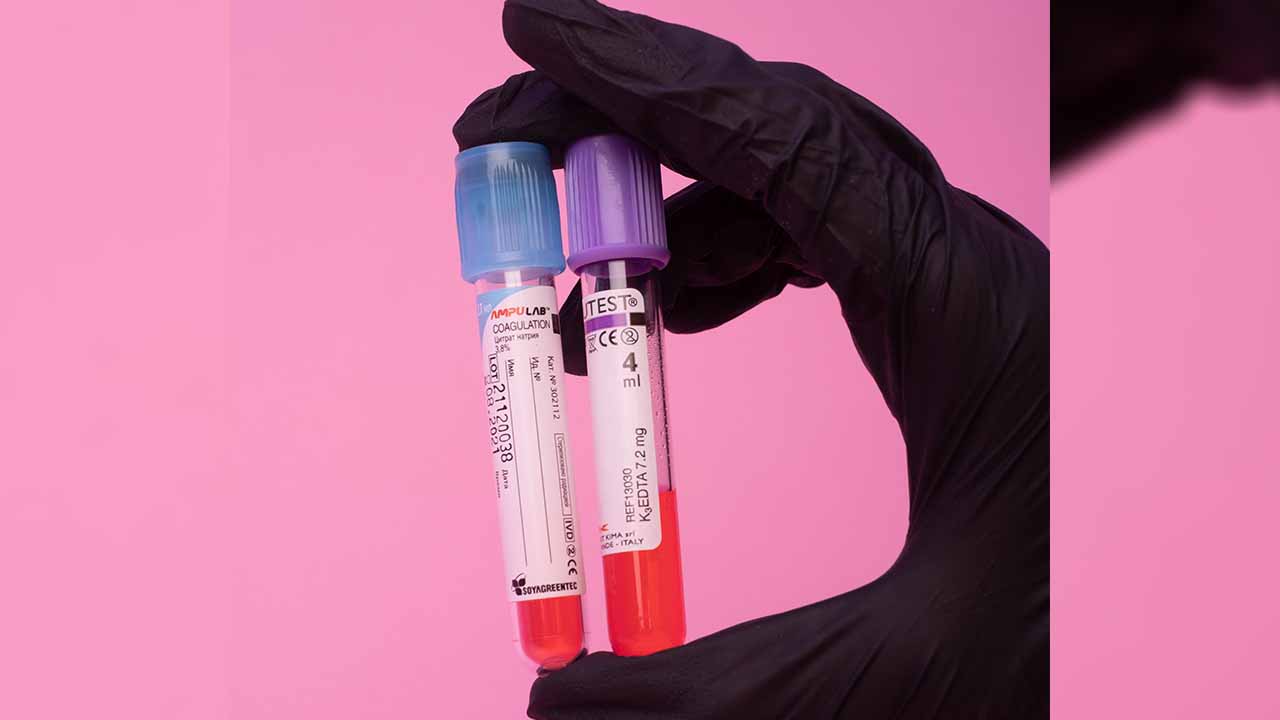Health (Commonwealth Union) – Modern medicine, has recently seen the integration of personalized approaches which have revolutionized diagnostics and treatment strategies. Biomarkers, molecular indicators of physiological or pathological processes, have emerged as key players in this transformative landscape.
Biomarkers encompass a diverse range of measurable indicators, including genes, proteins, hormones, and other molecules. These substances are indicative of normal biological processes or pathogenic conditions, making them invaluable tools for early disease detection, monitoring, and personalized treatment.
One of the primary roles of biomarkers lies in their ability to facilitate early diagnosis. Detecting diseases at their incipient stages significantly improves the prognosis and efficacy of treatment. For instance, in cancer diagnostics, specific biomarkers can signal the presence of malignancies long before clinical symptoms manifest. This early detection not only enhances the chances of successful treatment but also enables interventions at a stage when the disease is more manageable.
In recent years biomarkers have been a key area of focus from Clickmers that target biomarkers associated with Alzheimer’s disease, to inflammatory biomarkers be used for Parkinson’s disease and cancer. Biomarkers have also been a key area of focus for blood tests in diabetes, macular degeneration in eyes and a variety of other areas.
Precision Medicine and Treatment Tailoring:
Biomarkers are instrumental in the paradigm shift towards precision medicine; an approach that customizes healthcare based on individual characteristics. By analyzing genetic, proteomic, or metabolic biomarkers, clinicians can identify specific molecular profiles associated with a patient’s disease. This enables the prescription of targeted therapies, optimizing treatment outcomes while minimizing side effects.
Biomarkers play a crucial role in the early and accurate diagnosis of diseases. In precision medicine, genetic biomarkers, for instance, can identify specific mutations or variations associated with certain conditions. This enables healthcare providers to make more accurate diagnoses, allowing for personalized treatment plans tailored to an individual’s genetic makeup.
Monitoring Treatment Response:
Biomarkers also play a crucial role in monitoring the response to treatment. Dynamic changes in biomarker levels can reflect the effectiveness of therapeutic interventions, allowing healthcare professionals to adapt treatment plans in real-time. This not only prevents unnecessary exposure to ineffective treatments but also facilitates timely adjustments to enhance overall patient care.
Prognostic and Predictive Biomarkers:
In addition to aiding in diagnosis and treatment monitoring, biomarkers serve as prognostic and predictive tools. Prognostic biomarkers provide insights into the likely course of a disease, helping clinicians anticipate its progression. Predictive biomarkers, on the other hand, offer information about how a patient is likely to respond to a specific treatment. This dual capability empowers healthcare providers to make informed decisions about the most suitable interventions for individual patients.
Challenges and Future Directions:
Despite their immense potential, the widespread implementation of biomarkers faces challenges such as standardization, validation, and ethical considerations. Researchers and healthcare professionals are actively working to address these issues, paving the way for a more seamless integration of biomarkers into routine clinical practice.
The future holds promising advancements in biomarker discovery and application. With ongoing research in fields like genomics, proteomics, and metabolomics, the identification of novel biomarkers will further refine our ability to diagnose diseases earlier, tailor treatments more precisely, and ultimately improve patient outcomes.
Biomarkers have emerged as indispensable tools in modern healthcare, transforming diagnostics and treatment approaches. Their ability to provide early disease detection, guide personalized treatments, and monitor therapeutic responses exemplifies their significance in the era of precision medicine. As research continues to unravel the complexities of biomarkers, the medical community is poised to harness their full potential, ushering in a new era of targeted and effective healthcare. The addition of AI and better predictive technology is likely to further enhance the use of biomarkers in the years ahead.








